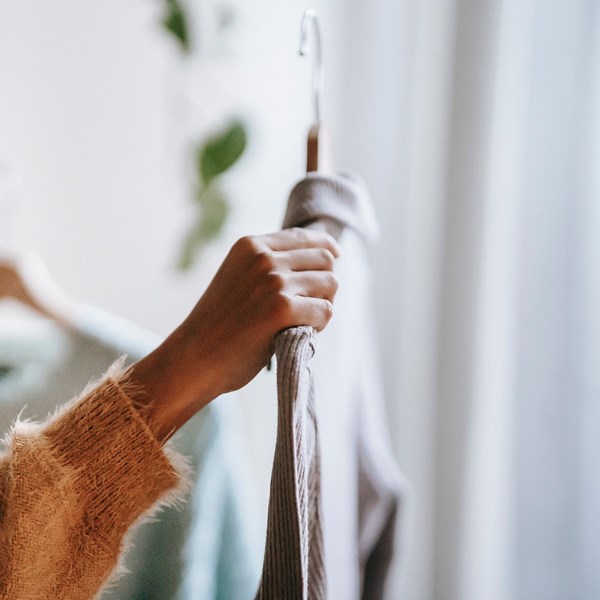Tonight is the final of this series of The Apprentice but it’s not the desserts and pyjamas that caught our interest. We were far more interested in some of the issues raised in the semi-final, most specifically how to guarantee the authenticity of preloved designer clothing and - by extension - how best to protect designer brands online.
During the final stages of last week’s semi-final, Lord Sugar and his aides questioned whether the contestant pitching her online exchange for preloved designer clothes for children could ensure every garment had been authenticated and that the authentication process could cope with the volume of transactions she anticipated.
As she couldn’t, she was unceremoniously dispatched.
The question of what is being sold online is nothing new. While sites are taking more steps to ensure the authenticity of what is being sold, fake goods are still getting through and in huge numbers. The growth of platforms like Wish that openly sell counterfeit goods is making the problem even more complex for brand owners.
Online watchdogs are doing their best but, arguably, checking the provenance of every item being sold and repeatedly taking action to take down fakes is too much for those behind the websites to handle.
HOW CAN BRAND OWNERS BETTER PROTECT THEIR DESIGNER GOODS ONLINE?
While the question of how much those behind the most popular online platforms are willing to do to protect brand owners is open to debate, the need for brand owners to take affirmative action to protect their brands online definitely isn’t.
Counterfeit goods damage every aspect of a brand. It affects your credibility, your market position, your reputation and, ultimately, your revenue.
However, with so much else to attend to, finding the time and resource to watch what is happening across the internet is an impossible ask.
And even if threats are detected, how do you prioritise what needs your immediate attention and once you have your priorities, how do you take the immediate and decisive legal action required to effectively deal with the threats detected?
At Potter Clarkson our specialist creative industries and FMCG teams have worked with some of the world’s most recognisable luxury brands for years.
We understand exactly what is required to maintain a dynamic watching brief on our client’s behalf. And as multidisciplinary teams that contain both hugely experienced trade mark attorneys and IP solicitors, we know exactly what’s required to enforce our clients’ best interests and minimise the threat posed by counterfeiters.
We have used our experience to design a best in class online brand protection service that far exceeds anything the luxury and designer goods market has ever seen.
Over the coming weeks we will be releasing more details about how this service works and how we find, assess and prioritise potential threats to your brands and immediately provide bespoke enforcement solutions to combat these threats. But, if you’d like to find out more today, please contact Edwina FitzHugh.







